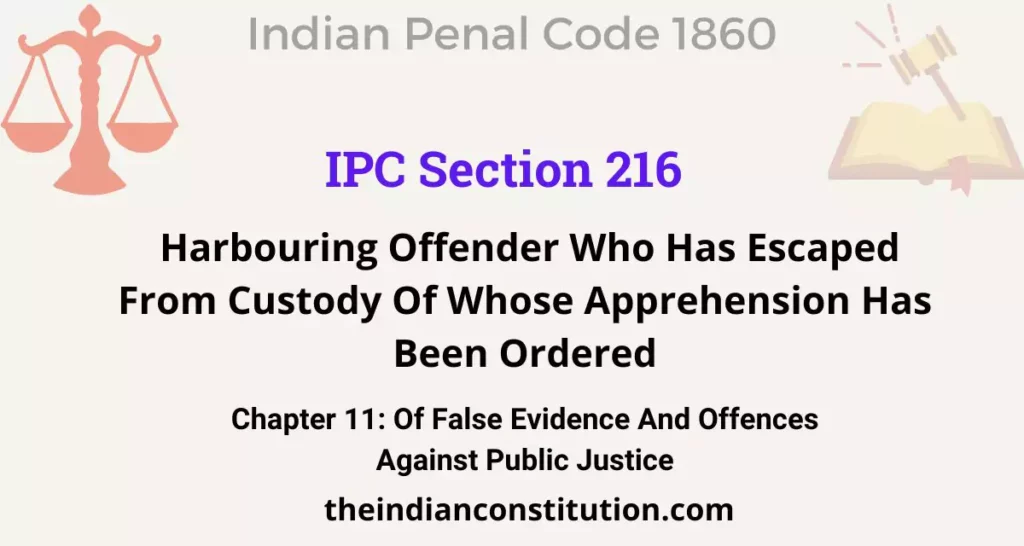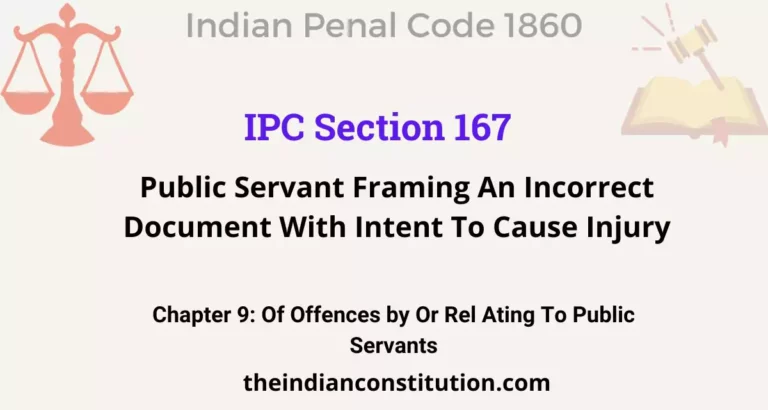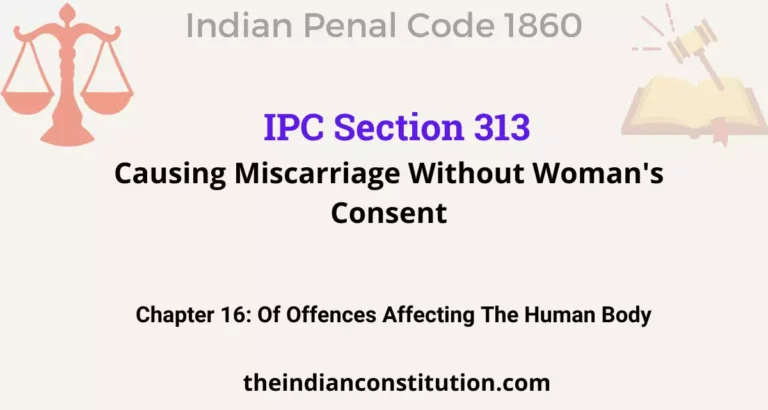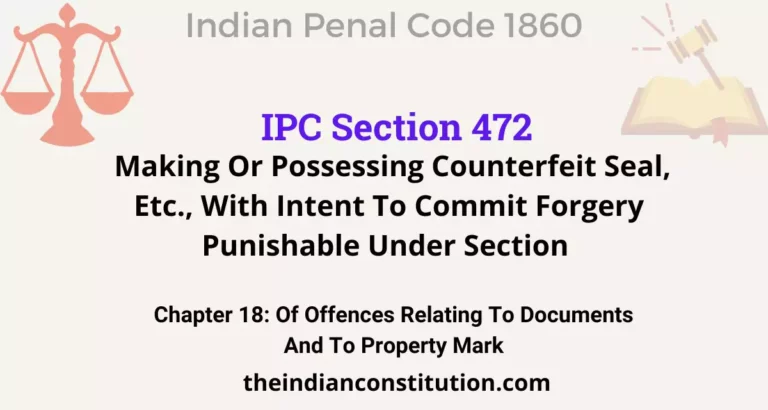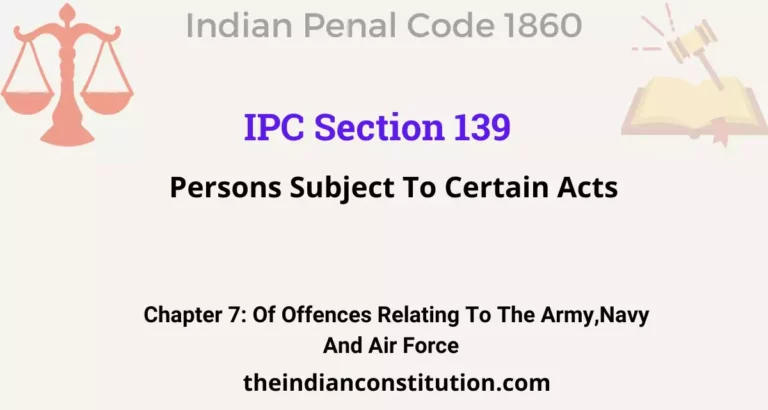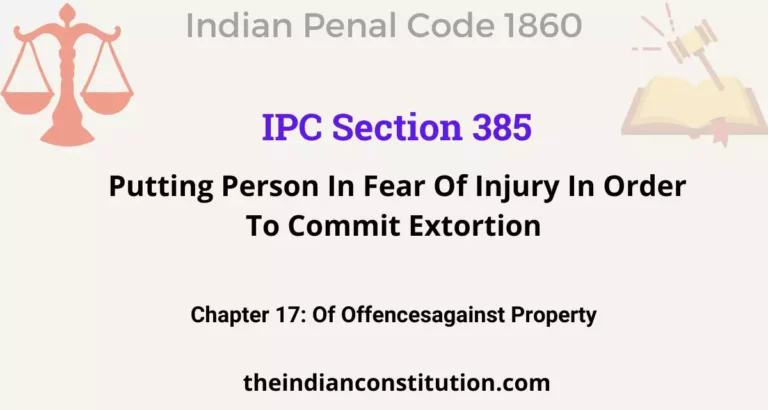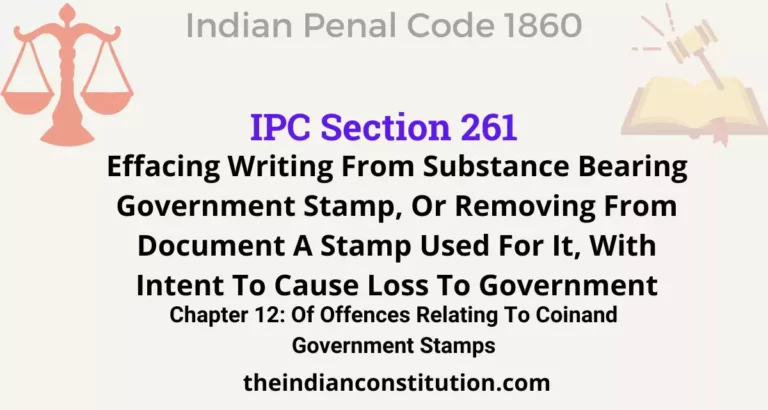IPC Section 216: Harbouring Offender Who Has Escaped From Custody Of Whose Apprehension Has Been Ordered
Navigation: Indian Penal Code > Chapter 11: Of False Evidence And Offences Against Public Justice > IPC Section 216
IPC Section 216: Harbouring Offender Who Has Escaped From Custody Of Whose Apprehension Has Been Ordered
Whenever any person convicted of a charged with an offence, being in lawful custody for that offence, escapes from such custody,
or whenever a public servant, in the exercise of the lawful powers of such public servant, orders a certain person to be apprehended for an offence, whoever, knowing of such escape or order for apprehension, harbours or conceals that person with the intention of preventing him from being apprehended, shall be punished in the manner following, that is to say,
if a capital offence:-if the offence for which the person was in custody or is ordered to be apprehended is punishable with death, he shall be punished with imprisonment of either description for a term which may extend to seven years, and shall also be liable to fine;
if punishable with imprisonment for life, or with imprisonment:-if the offence is punishable with 1 [imprisonment for life] or imprisonment for ten years, he shall be punished with imprisonment of either description for a term which may extend to three years, with or without fine;
and if the offence is punishable with imprisonment which may extend to one year and not to ten years, he shall be punished with imprisonment of the description provided for the offence for a term which may extend to one-fourth part of the longest term of the imprisonment provided for such offence, or with fine, or with both.
2 “Offence” in this section includes also any act or omission of which a person is alleged to have been guilty out of 3 India, which, if he had been guilty of it in 2 India, would have been punishable as an offence, and for which he is, under any law relating to extradition, 4 *** or otherwise, liable to be apprehended or detained in custody in 2 India, and every such act or omission shall, for the purposes of this section, be deemed to be punishable as if the accused person had been guilty of it in 2India.
Exception:-The provision does not extend to the case in which the harbour or concealment is by the husband or wife of the person to be apprehended.
Amendments
- Subs. by Act 26 of 1955, s. 117 and the Sch., for “transportation for life” (w.e.f. 1-1-1956).
- Ins. by Act 10 of 1886, s. 23.
- The words “British India” have successively been subs. by the A. O. 1948, the A. O. 1950 and Act 3 of 1951, s. 3 and the Sch., to read as above.
- The words “or under the Fugitive Offenders Act, 1881”, omitted by Act 3 of 1951, s. 3 and the Sch.
-Text In Indian Penal Code
| Offence | Harbouring an offender who has escaped from custody, or whose apprehension has been ordered, If the offence be capital | If punishable with imprisonment for life or with imprisonment for 10 Year | f punishable with imprisonment for 1 Year and not for 10 Years |
| Punishment | 7 Years + Fine | 3 Years + Fine | One-Fourth of Offence or Fine or Both |
| Cognizance | Cognizable | Cognizable | Cognizable |
| Bail | Bailable | Bailable | Non-Bailable |
| Triable By | Magistrate First Class | Magistrate First Class | Magistrate First Class |
| Offence Compoundable | Offence is NOT Compoundable | Offence is NOT Compoundable | Offence is NOT Compoundable |
